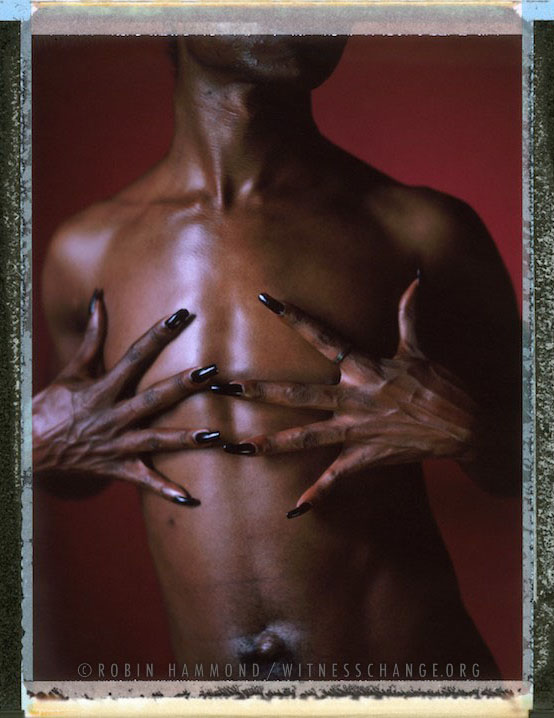
Jean Yannick/
Gabon
“I have been raped and held by a group of 4 young people who have expressed their homophobia directly. Indeed, the pill is still hard to swallow and the story is still hard to tell, but despite this I still stand up. I am me and I will stay me.”
READ THE STORY